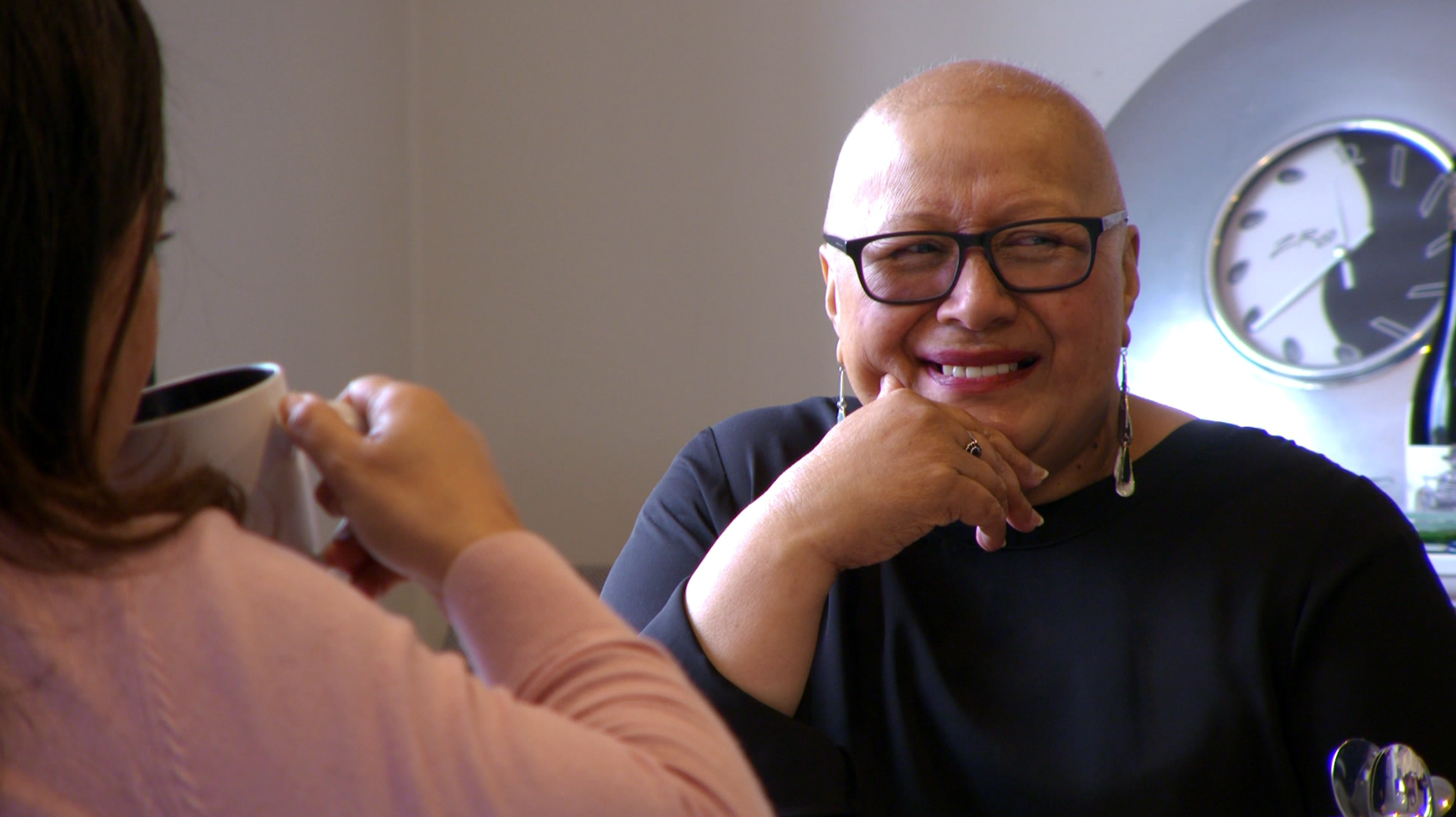Public Interest Journalism funded through NZ On Air
Pacific health experts are determined to reduce the high rates of Sudden Unexpected Death in Infants (SUDI) among Pacific communities.
SUDI is an umbrella term encompassing the unexplained or unexpected deaths of infants in their first year.
The three most common risk factors for SUDI are sleeping with the child, sleeping position and smoking during pregnancy.
Last week the National SUDI Prevention Conference in Rotorua, brought together Maori and Pacific experts to raise awareness of the issue in their communities.
Moana Research CEO Jacinta Fa’alili-Fidow says Pacific people have the second highest rates of SUDI in New Zealand, with 9-12 deaths a year.
She says smoking is a significant contributing factor, given that nearly a quarter of the Pacific population smoke.
“But it actually goes beyond that because there is also accidental suffocation of babies that die tragically,” she says.
“The preventable causes are sometimes because our carers are fatigued, tired, and we actually really need to be mindful of the sleeping environments that we put our babies in.”
Fa’alili-Fidow says one way to reduce the high statistics is for parents to utilise the support of their carers, families and friends.
“It takes a village to raise a baby. We are trying to elevate the fact that parents are doing the best they can, but when you look at what causes SUDI – fatigue, the stress, the lack of sleep. It can lead to some of these tragic accidents.”
Tala Pasifika director Lealailepule Edward Cowley agrees that working as a collective can help solve the problem.
“We work best when we work together,” he says.
“When our parents first came here from overseas for a better life for us, they set up our communities. They had no funding for that, but they were able to see the importance of collective support and responding to collective solutions.”
Cowley, a smokefree advocate, attended the conference to shed some light on the connection between smoking and SUDI, facilitating a forum on Pacific tobacco control.
“In terms of creating a safe space and safe sleep for babies, if we can get rid of tobacco in our communities, then that’s going to help support a happy, prosperous baby.”
Cowley is also part of the Pacific advisory group to the Smokefree Aotearoa 2025 Action Plan, which aims to reduce the number of smokers to 5% over the next three years.
“For our Pasifika people, we have a little way to go, really,” he says.
“If we want to get down to less than 5%, we have to reduce our rates by at least 15%.”
The conference also held a traditional baby massage workshop led by masseuse Emma Taufelila.
She says the purpose of the workshop was to highlight how Pacific Islanders traditionally deal with the well-being of their children.
“Traditional massage is a huge part of that,” she says.
“In the Pacific sense, part of that is to massage our children from an early age. That’s the best thing you could do for a child. As they say, happy child, happy mum.”
Workshop participant Lorenzo Kaisara says that the traditional massage was crucial for his upbringing and relationship with his mother.
“Not only are you massaging your baby to give good life through your hands, but at the same time, you are building and developing such a close relationship with your babies,” he says.
Kaisara, a father of two toddlers, says the conference is an opportunity to learn more about how he can develop in his role as a parent.
“I want to make sure I can collect all these methods, tools and knowledge from service providers. And it helps me care for my kids, something I didn’t get when I was a baby.”












